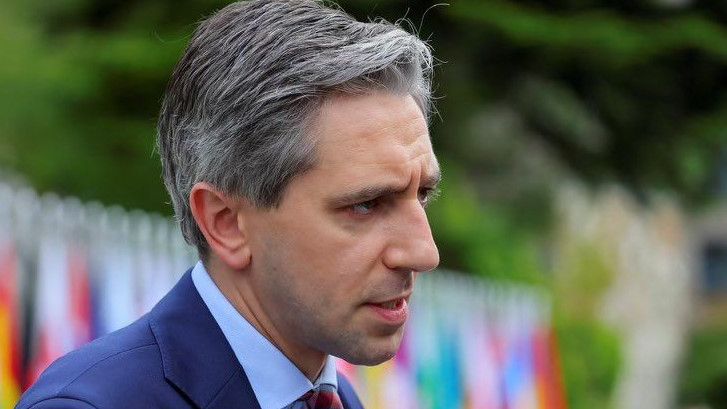The Minister for Finance emphasized the need for “time and space” to ensure any new administration is “coherent and stable.”
Fianna Fáil has emerged as the clear frontrunner, securing the most TDs.
A coalition involving Fianna Fáil and Fine Gael now appears highly probable.
While Sinn Féin and Fine Gael may end up with similar seat counts, Fianna Fáil’s preference is to renew its partnership with Fine Gael rather than break its longstanding opposition to governing alongside Sinn Féin. However, even together, Fianna Fáil and Fine Gael may fall short of the 88 seats required for a Dáil majority, necessitating support from smaller parties or independent TDs.
Potential junior partners include the Social Democrats and Labour Party, though both have expressed caution about allying with the larger centre-right parties. Their hesitation is likely influenced by the Green Party’s experience; the Greens, junior partners in the last government, suffered heavy losses in this election, retaining just one of their 12 seats.
Following the inconclusive 2020 election, it took five months for Fianna Fáil, Fine Gael, and the Greens to form a coalition, a delay attributed partly to the Covid-19 pandemic. Mr. Chambers said he does not expect a similar timeline this time but acknowledged the process would not be swift.
“I don’t expect a government to be formed by mid-December when the Dáil reconvenes on the 18th,” he told RTÉ. “There’ll need to be time to ensure we form a stable and coherent government.”
Fine Gael’s minister of state, Peter Burke, stressed the importance of a “strong, stable, viable government” to address societal and economic challenges. He noted that Fine Gael’s parliamentary party must meet to decide whether to grant leader and Taoiseach Simon Harris a mandate to negotiate with Fianna Fáil.
Despite its strong performance overall, Fianna Fáil has faced setbacks.
Outgoing Health Minister Stephen Donnelly lost his seat in Wicklow, where constituency boundary changes reduced available seats from five to four. Fine Gael’s Edward Timmins secured the final seat in the area, while Mr. Harris, the Taoiseach, topped the poll.
If Fianna Fáil and Fine Gael renew their partnership, a key issue will be whether the rotating Taoiseach arrangement from the previous government will continue. In 2020, Fianna Fáil leader Micheál Martin served as Taoiseach for the first half of the term before handing over to Leo Varadkar of Fine Gael. This time, Fianna Fáil is expected to have a larger lead over Fine Gael, potentially complicating negotiations around leadership.
Simon Coveney, a former Fine Gael deputy leader, described any coalition without a rotating Taoiseach as a “difficult proposition” for his party.
Meanwhile, Fine Gael’s Paschal Donohoe voiced support for Mr. Harris to continue in the role.
Mr. Chambers said Fianna Fáil expects to lead the government but emphasized a respectful approach to negotiations. “The discussions will be based on mutual respect, which is key to forming a stable programme for government,” he stated.















